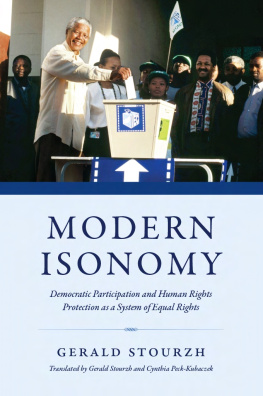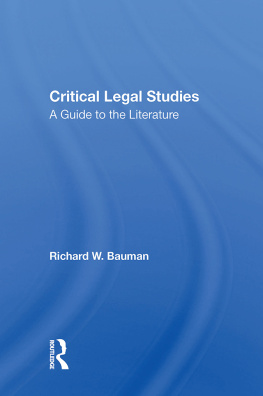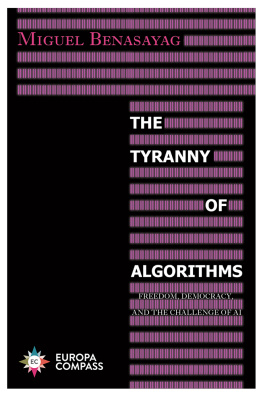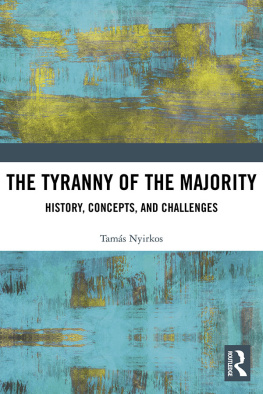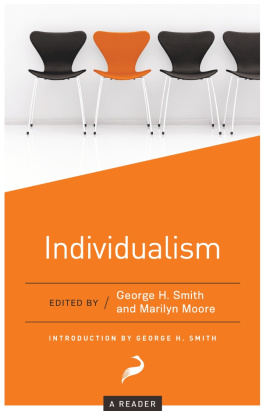


The translation of this book has been funded by SEPSSegretariato Europeo per le Pubblicazioni Scientifiche, Via Val d'Aposa 7, 40123 Bologna, Italy.
E-mail: .
The author expresses appreciation to the Warner Fund at the University Seminars at Columbia University for help in publication. Material in this work was presented to the University Seminar: Studies in Political and Social Thought.
English translation copyright 2015 by Yale University.
All rights reserved.
This book may not be reproduced, in whole or in part, including illustrations, in any form (beyond that copying permitted by Sections 107 and 108 of the U.S. Copyright Law and except by reviewers for the public press), without written permission from the publishers.
Originally published as Liberi e uguali. Copyright 2011 by Gius. Laterza & Figli. All rights reserved.
Published by arrangement with Marco Vigevani Agenzia Letteraria.
Yale University Press books may be purchased in quantity for educational, business, or promotional use. For information, please e-mail (U.K. office).
Set in Minion type by IDS Infotech Ltd., Chandigarh, India.
Printed in the United States of America.
Library of Congress Cataloging-in-Publication Data
Urbinati, Nadia, 1955
[Liberi e uguali. English]
The tyranny of the moderns / Nadia Urbinati; translated by Martin Thom.
pages cm
Originally published in Italian under title: Liberi e uguali
Includes bibliographical references and index.
ISBN 978-0-300-18277-4 (hardback)
1. IndividualismPolitical aspects. 2. Democracy. I. Title.
JC571.U7313 2015
323'.04201dc23
2014027079
A catalogue record for this book is available from the British Library.
This paper meets the requirements of ANSI/NISO Z39.48-1992
(Permanence of Paper).
10 9 8 7 6 5 4 3 2 1
Contents
Introduction
The will of an entire people cannot make just what is unjust.
Benjamin Constant, 1815
T he identification of individualism with a vision of life that is reflected in the maxim I don't give a damn is virtually a truism. I suspect that Italy, the original inspiration for this observation, is no exception. This maxim can be read in two different ways, that is to say, either as the heedless expression of deplorable sentiments like egoism and a supreme indifference to the fate of others, or else as the plucky and all-but-heroic demeanor of persons able to laugh in the face of misfortune, to pick themselves up and to dust themselves down. Yet in this latter case, too, individualism is extolled not for its own sake but rather in the guise of certain vicarious qualities that are associated with it, such as the courage to take risks, to assume responsibility for one's own actions, and to practice self-help. Economists and political administrators who vie with one another in seeing who can cut the most taxes for the well-off do not justify their plans in terms of the maxim I don't give a damn, even if this would be a perfect description of the logic of their fiscal policy. They stress instead the individual contribution to the general well-being that de-taxing dividends would make possible, noting the natural return to society that the freeing of individuals from the fetters of social obligation would allow. They construe individualism as a kind of social concern and even as a form of generosity! The fact is that underlying the policy and ideology of the trickle-down effect there is the assumption that taxation is not supposed to serve, say, education or health care, because in the ideal world of a self-regulated market society these needs would be satisfied by individuals themselves, with no help from others or from society. Receiving assistance, or so this ideology has it, is a sign that the individual has been defeated; welfare policies are, it is argued, a remedy for the failure of persons. Hence education and health care are private commodities, not conditions for the performance of individuals in a democratic society.
Thus, whereas the word individualism bears the stigma of negative moral sentiments like egoism or indifference to the fate of others, the hegemonic morality that individualism is associated with has been and is praised for its bold flouting of, and imperious disdain for, regulations and social responsibilities. This hegemonic morality is indeed consistent with the maxim I don't give a damn, although ashamed to confess it openly. It argues that if each of us is individually responsible for her or his own life, as we must be if we are to deserve some return from society, we alone are to blame if things go wrong. So permeated is the social and economic organization of our Western societies (some more than others) by this individualistic ethos that it can seem grossly nave to blame the system These are the basic ingredients of the right-wing propaganda that has managed to turn into a value what in the popular culture bore (and still bears in many countries, or at any rate in specific parts of their populations) the stigma of a selfish morality.
The popular and oft-repeated reaction to the hegemonic morality of individualism has been communitarianism, which is rehearsed in several different forms, for example, as a republican ideal of patriotic devotion to one's own country and nation or as an unmediated sense of belonging unreservedly to one's people, religious community, or ethnic group.of rights. Indeed, the communitarian response to individualism is to challenge the culture of rights. Solidarity with our own people and unity with those who are for some specified reasons similar to us has been perhaps the most seductive and flamboyant riposte to the vision of life expressed by the maxim I don't give a damn. Yet in truth this nostrum does not offer a convincing alternative to the ideology of individualism. Ironically enough, communitarianism is a form of individualism applied to the group itself. (Indeed, here too the I is the criterion in relation to which solidarity with others is evoked, since the rationale for selecting the recipients of our solidarity is their possession of certain qualities resembling the ones we recognize as ours.) Furthermore, communitarianism is entirely compatible with the devastating effects that the ideology of individualism can have, since it cultivates the moral precepts of compassion and charity, two important strategies that, while they may silence a guilty conscience, do nonetheless block any notion that society should set about eliminating the conditions of misery that solicit compassion and charity in the first place. Communitarian solidarity is intended to be an alternative to the policies of the welfare state and in this sense is an important ally of the ideology of individualism, since it too is suspicious of all attempts to replace individual moral engagement with social justice. Given its functional role in attenuating the consequences of the hegemonic morality of individualism, the communitarian identification with certain foundational values has been accorded more than its fair share of attention, at any rate so far as the critique of the maxim I don't give a damn is concerned. Another path is, however, open to us, one that permits a critical assessment of that selfsame ideology, and this time from the perspective not of communitarian but of political identity.
Next page



